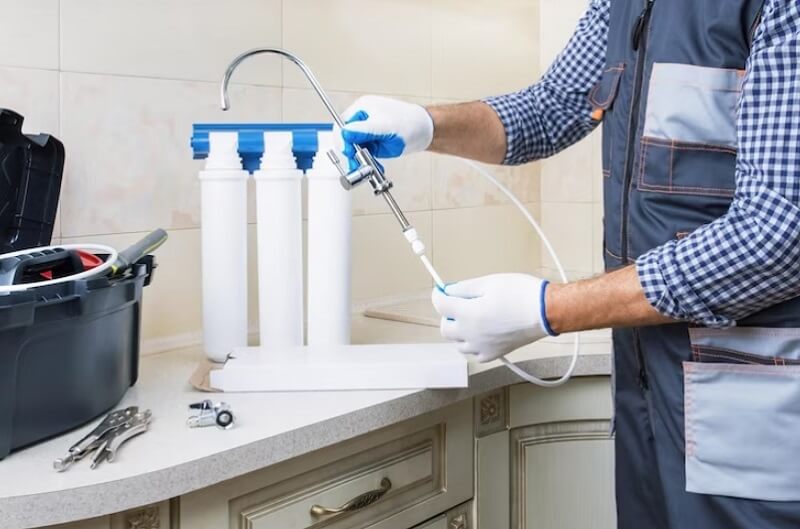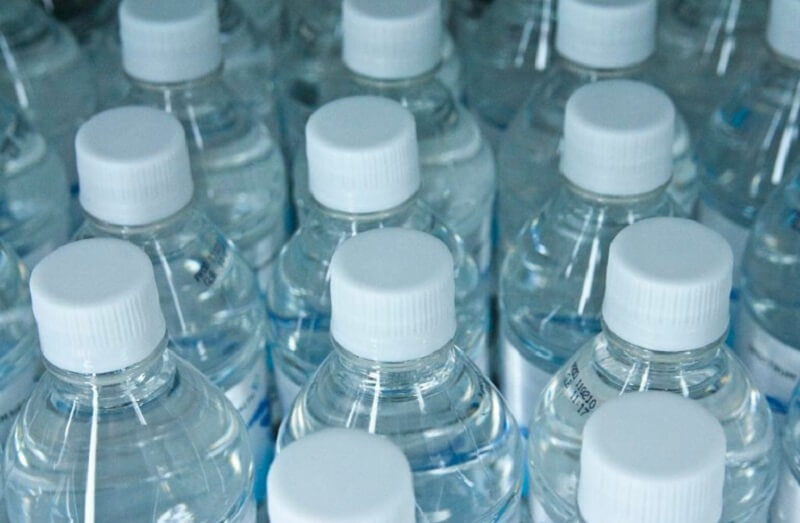The American people are buying more bottled water than ever before, and are safety-conscious when it comes to the quality of the water they consume. Ion exchange technology is used widely in various forms of water treatment and purification systems. The basics of this method also have applications in the metals industry, with pharmaceuticals, as well as the drinks industry.
Understanding ion exchange may seem like a passing academic interest, yet, the truth is, this process is affecting you daily. Given that is the case, spend a few minutes reading this article so that you can understand what this process is and how it works.
Chemistry Recap
To understand what ions are you need to think back to your high school chemistry. Atoms are the building blocks of the universe. At the center of an atom is its nucleus.
The nucleus is made up of neutrons and protons. The neutrons do not have an electrical charge while the protons have a positive charge. You may also remember electrons with a negative charge orbit the nucleus of an atom.
Many molecules that are made up of multiple atoms are neutrally charged because overall, the number of protons and electrons are equal giving a net neutral charge.
When the number of electrons is more than the protons, you have a negatively charged ion, called an anion. When the opposite is true, you have a positively charged cation.
Opposites Attract
When molecules (ions) that carry a positive or negative charge are passed over the surface of another molecule that has the opposite charge, the effect is that some ions will exchange places with ions of the same charge in the other molecules.
This allows the chemical engineer to specifically design materials that will extract certain ions from a liquid such as water. As those ions are exchanged the chemical properties of the water will change. This type of ion exchange water softener works by removing metals from the water that make it hard.
Ion Exchange and Resins
Resins are like chemical filters in that they ‘attract’ undesirable chemicals out of a liquid or metal. In the case of an ion exchange water filter, the resin will lose all of its ‘exchange ions’ over time and need to be re-charged with those ions again for it to be useful.

Depending on the filtration purpose of the resin, it will use sodium chloride, sodium hydroxide, or hydrochloric acid. There are other more specialized resins to remove boron, uranium, and other similar substances.
Want to Learn More
In this article, you’ve read about ion exchange and the basic principles of how it works. There are lots of different applications but the most common affecting you is the filtration of drinking water. The charge of the ion is used as a natural method to draw it out of a substance like water.
The typical home water filtration system is reverse osmosis. It does an incredible job of removing contaminants from the water. The biggest drawbacks are the cost of installation and the cost of filters.
Reverse osmosis systems usually add carbon filters to their systems because they do not emit chloramines. Like everything else, choosing the best water filter for you depends on your needs, your water, and your budget Research your local water and find out how they treat water. This will help you see how they treat water and how it affects you. Drinking more water is a very healthy habit. For more health tips, see our other articles for your health.
If you’re not already using this water filter technology, then you should investigate more because it is a safe and cost-effective method of filtering water. You can browse other articles that fit your interests on our site.

